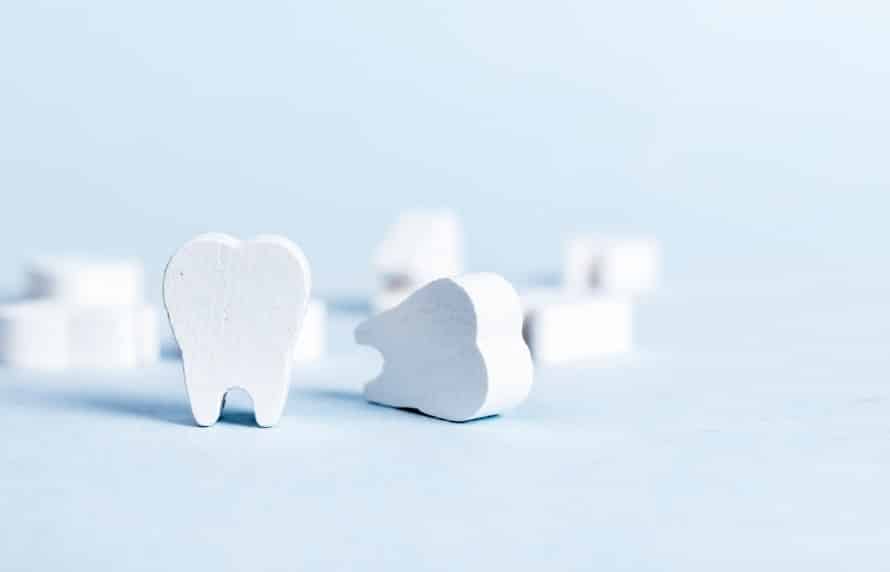Early childhood caries

Among the risks to young children's oral health, early childhood caries (ECC) is at the top of the list. Not only is it common, it's also aggressive: it can easily spread and cause considerable damage. That's why dentists like Dr. Ali Mohammed place so much emphasis on this disease during pediatric dental examinations. This is the best way to diagnose it and treat it appropriately.

What is early childhood caries?
Simply put, it's the name given to decay affecting baby teeth. It is similar to ordinary tooth decay, since it also consists of a hole drilled in the tooth by bacteria concentrated on its surface. However, early childhood caries differs in its aggressiveness and the consequences it can have. These particularities are due to the more fragile enamel of milk teeth and the plasticity of toddlers' oral structures. This makes it easier for microbes to penetrate the inside of the tooth or move towards neighboring teeth.
Risks associated with CPE
- A deepening of the decay leading to pulpitis (an infection of the living part of the tooth - the pulp). Such damage often leads to severe pain;
- The spread of EPC to neighbouring teeth. In the most severe cases, the entire dentition may be affected;
- Spread of the disease to the germs of permanent teeth. This situation can greatly impair, or even completely halt, the development of replacement teeth;
- Aesthetic repercussions that can affect the child's self-confidence and interpersonal skills;
- Functional problems (chewing, speech).


Early childhood tooth decay: a preventable infection!
- Avoid letting toddlers fall asleep while drinking milk;
- As soon as the child is able, encourage him to drink from a cup rather than a bottle, as this prolongs the teeth's exposure to sugary liquids;
- Avoid contact between the parent's saliva and the child's mouth, as bacteria can be transmitted from one person to another;
- Limit snacking between meals;
Caring for early childhood cavities
